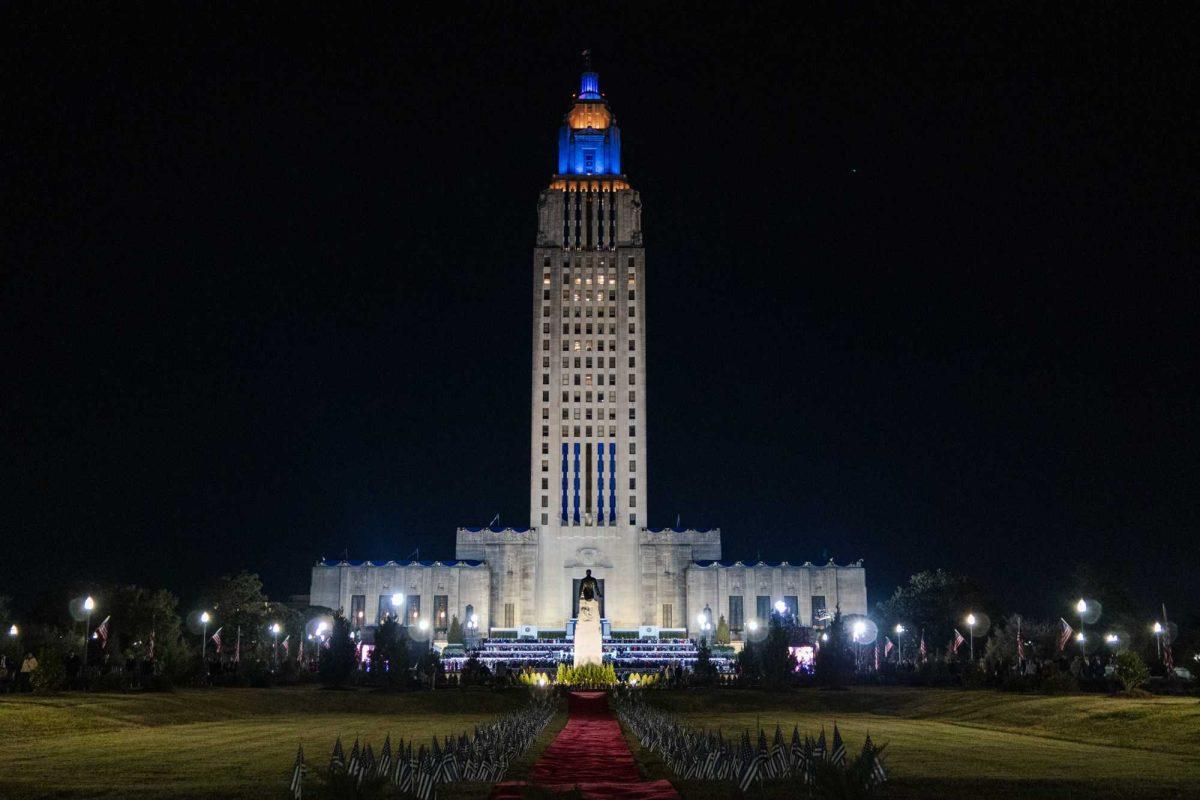Louisiana lawmakers have introduced two bills that could significantly impact LGBTQ+ students and educators in the state.
The new bills have sparked concerns among LGBTQ+ community members and advocates, who fear the potential consequences if the bills become law.
Both bills were introduced on Feb. 22 in preparation for March’s legislative session, which will begin on Monday and end on June 3.
The first bill, House Bill 121, was proposed by Rep. Raymond Crews, R-District 8, and the second, House bill 122 was authored by Rep. Dodie Horton, R-District 9.
The first bill would require parents’ permission for students to change the names or pronouns they use in school.
The bill specifies that school employees must use the name and pronouns listed on a student’s birth certificate unless the parents grant written permission.
READ MORE: How word travels: the LGBTQ+ book bus visiting Baton Rouge
Additionally, the bill allows parents to request a transfer to another teacher if a teacher objects to using a pronoun for a student based on religious or moral convictions.
The other bill, House Bill 122 focuses on restricting discussions of sexual orientation and gender identity in public schools. It prohibits teachers and school personnel from discussing their sexual orientation or gender identity with students.
This bill raises concerns about the impact on LGBTQ+ educators and the representation of LGBTQ+ historical figures and issues in the curriculum.
“Legislation like this means that heterosexual teachers will continue to use their own families and lived experiences to illustrate concepts and to relate to students,” said LSU political science professor Belinda Davis. “Homosexual teachers will not be able to do so because they will fear reprisal.”
Two similar pieces of legislation were passed last year but were vetoed by then-Gov. John Bel Edwards.
These bills also reflect a broader national trend. According to a report by the Movement Advancement Project, several states have enacted laws that restrict discussions of LGBTQ+ issues in schools.
These laws, often referred to as “Don’t Say Gay” laws, aim to limit or prohibit the inclusion of LGBTQ-related topics in educational settings.
READ MORE: How Trae Hannibal stabilized LSU men’s basketball during recent success
According to the report, seven states have implemented such laws, including Alabama, Arkansas, Florida, Indiana, Iowa, Kentucky and North Carolina. These laws have raised concerns about the erasure of LGBTQ identities and history from educational materials, impacting the inclusivity and representation of LGBTQ individuals in schools.
“The most important voice in a child’s education should be that of their parents,” Gov. Jeff Landry said in his inaugural address.
This sentiment aligns with the intent of one of the proposed bills, which seeks to require parental permission for students to change their names or pronouns in school.
Critics argue that such laws could not only stifle academic freedom but also perpetuate a narrow understanding of history and human experiences, ultimately impacting students’ educational development and social awareness.
“I think it makes it more difficult for kids to accept themselves,” said Gabrielle Coleman, an English senior. Limiting the discussion of LGBTQ+ topics in schools could hinder LGBTQ+ students’ journey to self-acceptance.
The bill would impact education in Louisiana in a myriad of ways.
Davis proposed one example, among others:
“How do you discuss the Women’s Suffrage Movement without discussing marriage as being between a man and woman? This bill technically makes that illegal,” Davis said.





